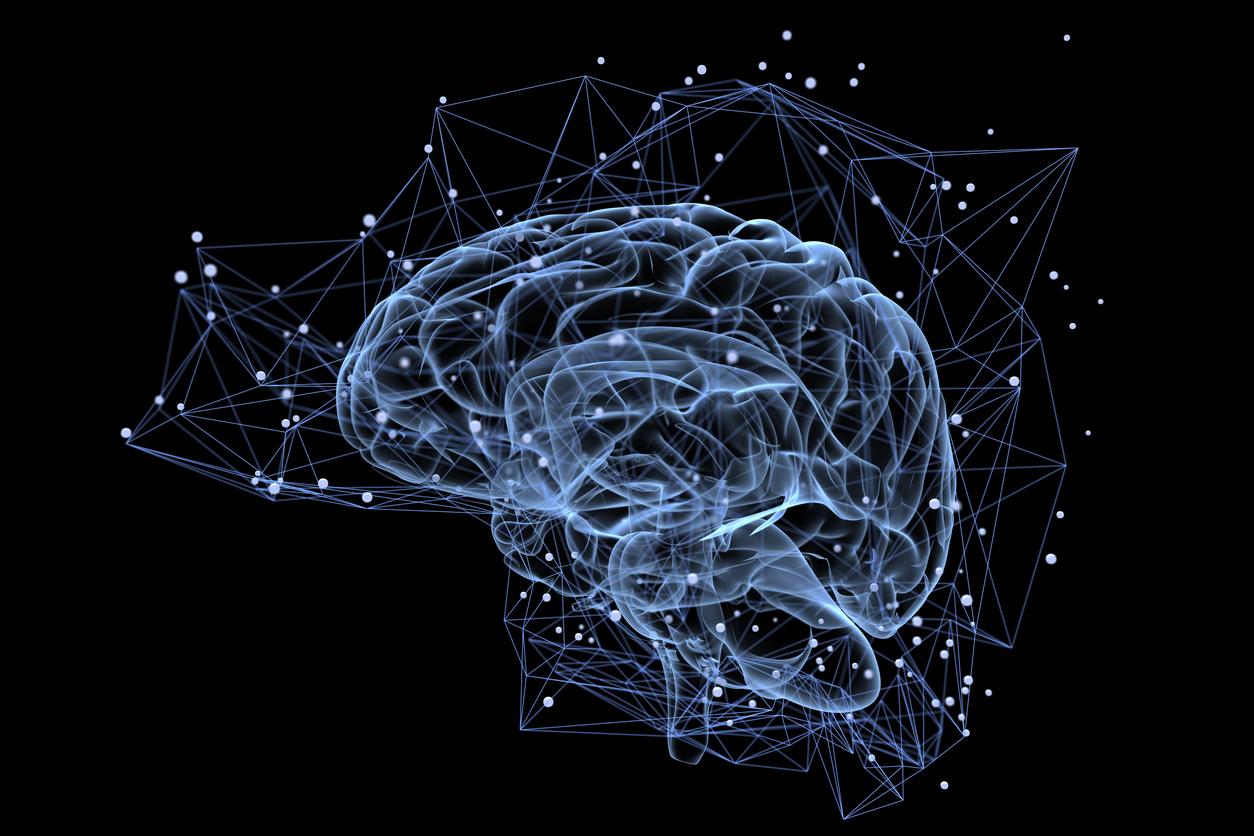Some people feel a lot of fear and anxiety as the Christmas holidays approach, this is “natalophobia”. Decryption of this psychological disorder and advice with psychologist Sébastien Garnero.

Light decorations, chocolates, festive meals… The magic of Christmas does not make all the French dream. Worse, some even become very anxious as the holiday season approaches. With the psychologist Sébastien Garnero, we decipher this disorder and give you some advice to face this period.
What is natalophobia?
Natalophobia, or Christmas phobia, is considered a “simple phobia” because it crystallizes on a very specific object (the fear of ants or spiders, for example). This translates into dread, fear, anxiety about the onset of Christmas. It can also happen with New Year’s Day which also symbolizes something that is ending.
Insomnia, migraines… Classic symptoms of anxiety disorders
As the holidays approach, what causes this anxiety disorder?
This leads to irrational and uncontrollable fear, with all the symbols associated with this state. They can be more or less important in contact with Christmas symbols such as the Christmas tree, Christmas carols, illuminations, shops that are transformed… All these things become trials rather than moments of joy. It can also be the anxiety of preparing dinner for the family or the fear of being alone on D-Day.
So concretely, this can result in difficulty breathing, tachycardia, digestive disorders, irritability in some, insomnia, migraines… That is to say the whole procession of classic symptoms related to disorders anxious. But what should be noted is that natalophobia is a form of anticipatory anxiety, because it occurs long before the holidays.
How to explain this phenomenon ?
It is polyfactorial and different personality types can be affected.
In general, the anxious anticipation of the holidays is linked to this anticipation in the media (TV, social networks, etc.), where everything leads to Christmas. Except that it is less the sacred character of yesteryear that is evoked, but more a fantasized image of the holidays. Just look at the series and films around Christmas where we find the image of the perfect and happy family, with a profusion of gifts and good things to eat. But in reality, there are always problems: you can have financial problems, family tensions with a fear that it will get worse, etc. In fact, there is a form of discrepancy, of cognitive or affective dissociation between the fantasized image of Christmas and what it really is. We can compare this emotional shift with the partum blues, where we should be happy to have a child while the reality of the constraints can make this period very difficult.
Another thing, there is also the fact that Christmas represents something of family history: we have celebrated it since we were children and that can represent something very strong for some. There can be nostalgia for these old times but it can also bring up trauma related to this time (divorced parents, death, etc.). Family reunions can be the terrain of sibling rivalries, fear of family conflicts over who to invite, how to set the table, etc.
There are also those who are afraid of not being up to it or who feel guilty for not having the Christmas they would like because of financial problems, for example, especially at this time when we are often told that winter is going to be difficult with inflation, power cuts…
Are some people more likely to experience this anxiety?
First, it does not necessarily affect women more than men, it is above all a question of social isolation and intra-family conflicts. Here, all the loneliness factors come into play, so it is generally more complicated for isolated elderly people, especially from a geographical point of view. It can also be for people who live far from their family, roots, etc.
Festive anxiety: “We must put Christmas into perspective and stop idealizing it”
What do you recommend to natalophobes to overcome this holiday season?
To begin with, we must relativize and stop idealizing Christmas, telling ourselves that it is above all a time of reunions, meetings, which must be a time of celebration. It is therefore not necessary to set constraints or objectives to be fulfilled so that it does not turn into an anxious moment.
People who know that, every year at the same time, they feel this anxiety, can meet a specialist to work on this problem and what it refers to in order to free themselves from it.
There are also many therapeutic tools to manage these anxieties (as with other phobias), namely breathing exercises, visualization, relativization of the problem, the idea is to release the pressure… In short, prepare to deal with that stress! And finally, when it’s D-Day, you have to live in the present moment trying to escape nostalgia and anticipation.

















